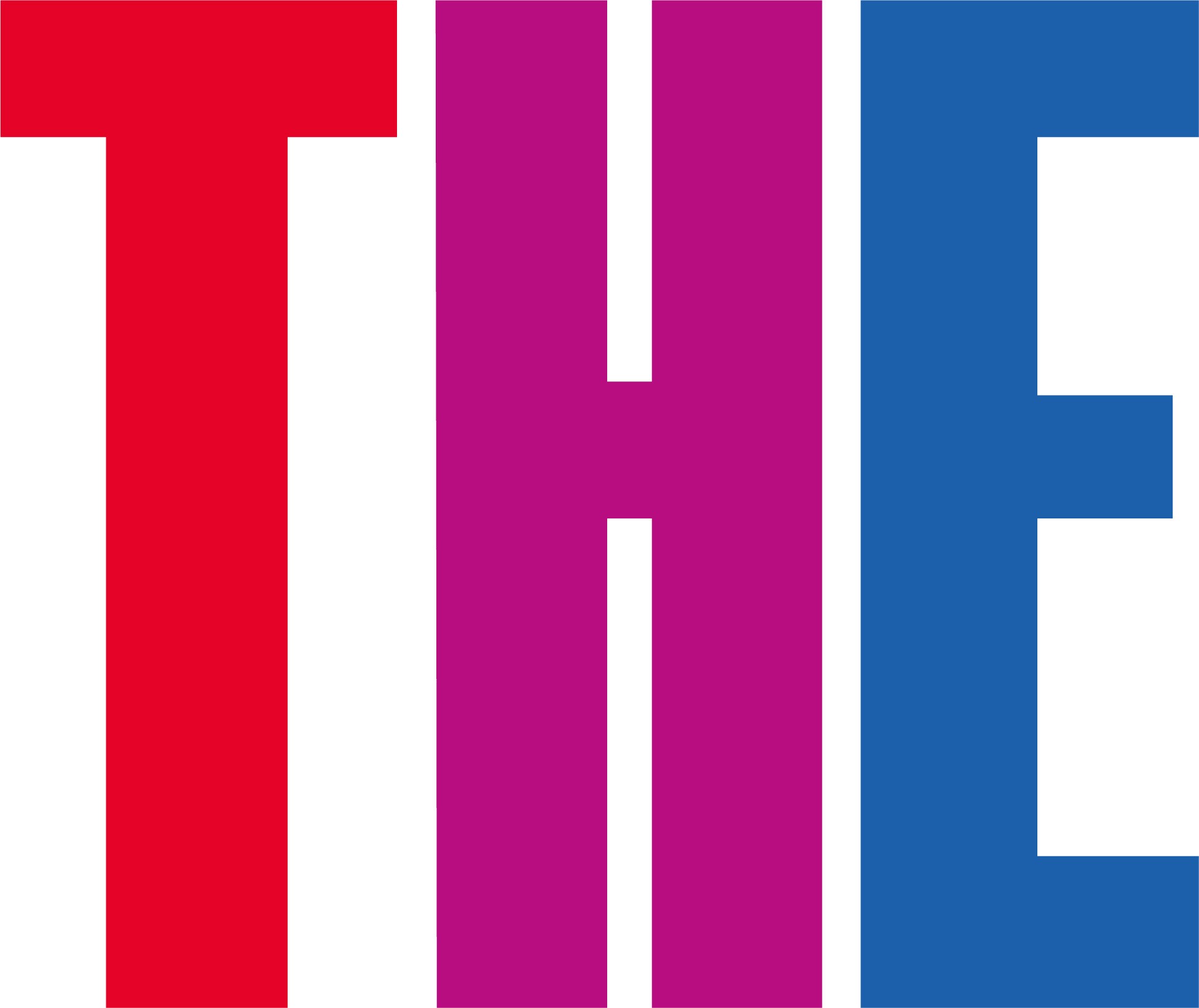You have /5 articles left.
Sign up for a free account or log in.
A rise in the number of international students from Europe going to Canada appears to be a product of Brexit, according to an analysis of the latest trends in immigration data.
Figures from Immigration, Refugees and Citizenship Canada on the number of study permit holders in 2021 from various countries show there was an increase of between 10 and 80 percent from some Western European nations last year compared with pre-pandemic levels.
 This compares with total holders of Canadian study permits, as of Dec.31, 2021, of 621,000 from all countries, a figure that was still 3 percent below the number of permit holders at the same time in 2019.
This compares with total holders of Canadian study permits, as of Dec.31, 2021, of 621,000 from all countries, a figure that was still 3 percent below the number of permit holders at the same time in 2019.
Canada-based recruitment platform ApplyBoard, which highlighted the figures in a blog post, said 37 of 44 European countries saw growth in study permit numbers last year that were higher than overall growth.
“While it’s well-documented that Covid-19 created pent-up demand for international education with students in all countries, this concentrated spike in interest across Europe looks to be a product of Brexit,” the blog post said. “European students who previously would’ve opted to take advantage of reduced tuition fees at UK institutions are now casting their search wider, pursuing education opportunities in Canada.”
Data from Britain have suggested there has been a collapse in undergraduate recruitment from European Union nations in 2021–22, the first academic year since a Brexit-induced change in rules that meant European Union students face higher fees and no access to government-backed loans.
Data on undergraduates, as well as figures on issued study visas, have suggested that student mobility has been particularly limited in Eastern European countries, with falls in entrants of well over 50 percent.
However, the numbers in Britain from Western European nations, where Canada has mainly seen an uplift, still appear to have fallen by substantial amounts. For instance, while about 3,800 British study visas were issued to German citizens in 2021, British universities had about 6,400 entrants from Germany in 2019–20.
Among the largest European nations, German citizens represented the biggest rise in Canadian study permit holders last year, growing 70 percent from 2019 to about 5,000.
However, it is not clear what portion of the increase is in higher education: the ApplyBoard blog also has data indicating that about 70 percent of study permit approvals from Germany from January to November last year were for K-12 education, and a quarter were for universities and colleges. A high share of permits from two other nations with a large increase—Denmark and Belgium—were related to universities, though.
The data also show how India has become Canada’s dominant source country for international students, with 2021 study permit numbers of 217,000 now double the second-place country, China. Britain also has a rapidly growing number of students from India.
However, Meti Basiri, chief marketing officer and ApplyBoard co-founder, said despite their strong overall recruitment numbers this year, both Canada and Britain could face growing competition for students from the U.S.
He said from March to October 2021, student applications to U.S. institutions through ApplyBoard rose by 750 percent compared with the same period in 2020, which was heavily affected by the pandemic.
Policy changes in the U.S. aimed at international recruitment, together with “the program variety available within U.S. schools and popular STEM pathways” were “bound to heat up competition amongst Canadian and United Kingdom schools in the next few years,” Basiri said.








